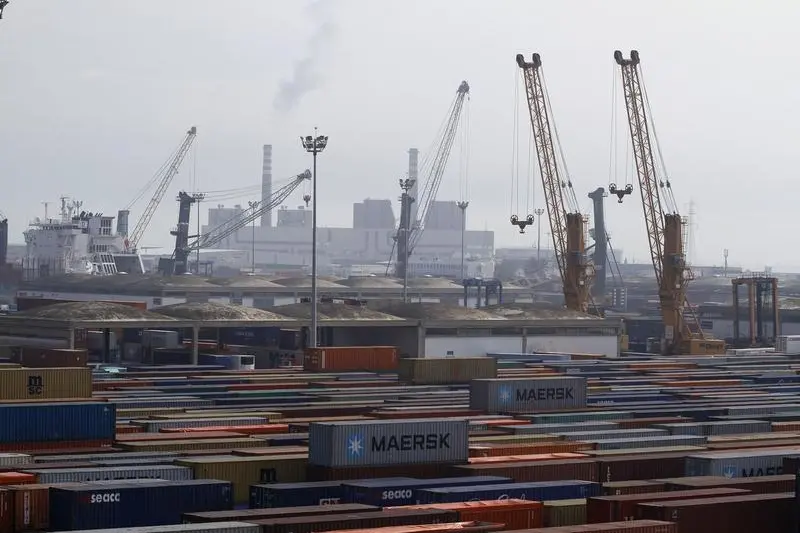PHOTO
Tunisia is taking steps to diversify both its trading partners and exports in a bid to stoke higher headline growth.
With the impact of the global economic situation weighing on trading volumes, the country will be looking for talks on a new deal with the EU, its biggest trading partner, to pave the way for improved access to European markets, while opportunities to boost trade with Pakistan are also showing signs of promise.
A deeper deal with the EUIn October Tunisia launched negotiations with the EU with a view to securing a Deep and Comprehensive Free Trade Area (DCFTA) that has been in consideration since 2011.
Tunisia has benefitted from a raft of association agreements since the late 1990s that have given the country tariff-free access to several EU markets, together with financial and technical assistance. However, the DCFTA is expected to offer far greater opportunities to improve trade flows by reducing tariffs on key Tunisian exports, such as agricultural products.
The EU is Tunisia's largest trading partner by far, accounting for 80% of the country's imports and exports. Bilateral trade was valued at approximately €20bn in 2014, according to the European Commission.
Electrical machinery and transport equipment accounted for 38.1% of Tunisia's exports to the EU, while textiles and clothing comprised 24.9%. Fuels and mining products, meanwhile, made up 14% of Tunisia's sales to the bloc.
Tunisia will be looking for the new deal to unlock trade in key areas that were not fully liberalised under the 1998 EU-Tunisia Association Agreement, such as agriculture, which accounts for around 9.5% of GDP.
Under the terms of the previous arrangement, the EU maintained import quotas for key goods, including tomatoes, cucumbers, aubergines, peas, oranges, mandarins and olive oil.
Olive oil openingWith a DFCTA likely to take years to finalise, the EU has signalled some nearer-term trade liberation, with plans to loosen import restrictions on Tunisian olive oil.
In September the EU announced a unilateral annual duty-free tariff rate quota of 35,000 tonnes for Tunisian olive oil, adding to the existing 56,700 tonnes permitted under the 1998 accord, which will remain in place until 2017.
Olive oil, which accounts for more than 10% of Tunisia's export earnings, is one of the products being targeted in the country's broader bid to diversify its industrial sector and move away from low value-added exports such as unprocessed food and textiles.
Exports of the oil were up eight-fold year-on-year in the first half of 2015 at TD1.3bn (€571.1m), according to Noureddine Agrebi, director-general of food industry at the Ministry of Industry, Energy and Mining.
This was due in large part to poor harvests in Spain and Italy, which triggered a 40% jump in international prices to $4500 per tonne in August.
The country aims to increase the share of bottled and branded olive oil products, in particular, as opposed to purely bulk sales. At present, just 14.3% of exports fall into this category.
Value-added thoroughfareOther trade deals under discussion, including a preferential trade agreement with Pakistan, could feed into Tunisia's value-added export strategy.
Speaking at the end of February, the Tunisian ambassador to Pakistan, Adel Elarbi, said he was hopeful that an agreement could be signed this year, which would boost bilateral trade from a modest $33.1m in FY 2014/15.
Elarbi highlighted agriculture, textiles, electronics, tourism and services as areas for potential cooperation, with a focus on importing more raw materials from Pakistan.
"There is a good scope for the export of Pakistani fabrics, which after value addition in Tunisia could be exported to the European and other countries," Atif Ikram Sheikh, president of the Islamabad Chamber of Commerce and Industry, told media in late February.
Tunisia already ranks as the fifth-largest apparel supplier to Europe and the number two supplier for the French market, according to Tunisia's Foreign Investment Promotion Agency. Textile and apparel exports totalled TD6.5bn (€2.9bn) in 2014.
© Oxford Business Group 2016





















